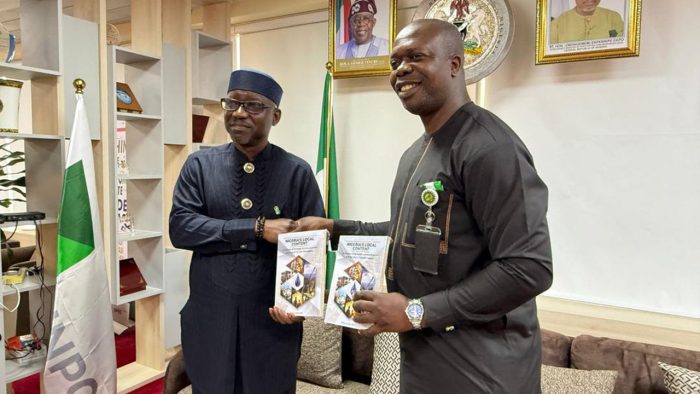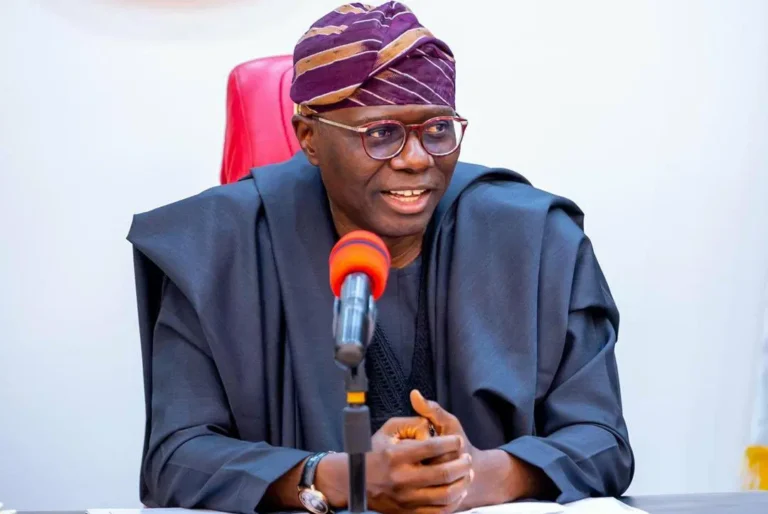
About 170,000 companies and industrial manufacturers in Nigeria will enjoy significant reduction in energy cost through a new solar hybrid power system that can unlock 3.3GW of solar capacity and attract $6.5 billion in investments.
This was the highlight of a U.S. Trade and Development Agency (USTDA)-funded feasibility study titled, “Scaling Utility-Enabled Distributed Energy Resources for Nigerian Commercial & Industrial (C&I) Customers.”
Jointly released by Daystar Power, a member of the Shell group, and Rocky Mountain Institute, RMI, the report introduces a groundbreaking business model designed for grid-connected hybrid solar power systems, with projections indicating the potential to unlock 3.3GW of solar capacity and attract $6.5 billion in investments.
The study targets 170,000 corporations and industrial manufacturers in Nigeria, offering them substantial cost savings by transitioning from diesel-fired generators to utility-enabled solar systems with backup battery storage.
The study highlights the significant advantages of this new model, not only for C&I customers but also for electricity distribution companies (DisCos). By embracing utility-enabled solar systems, businesses can reduce energy costs, while DisCos stand to benefit from increased revenues through enhanced grid consumption and the connection of new customers to the grid.
Commenting, Daystar Power, Country Head of Nigeria and Ghana, Victor Ezenwoko, said, “This feasibility study has been in the works for a long time, and we’re elated to announce its results. While Nigeria’s solar industry is taking off, it’s still relatively in its early days, and innovative studies like this are key to deepening the market and adding more value to the business community. We can provide even more affordable and reliable power to Nigerian businesses if we team up with distribution companies in close partnerships to solve challenges and eliminate uncertainties in the power value chain.”
In 2023, Daystar and RMI conducted Nigeria’s first-ever feasibility study to develop custom hybrid solar power systems that integrated with the national grid for 20 C&I customers in Abuja and Lagos, working in partnership with Abuja Electricity Distribution Company (AEDC), Eko Electricity Distribution Company (EKEDC), and Ikeja Electric (IE). The study found that 17 of the 20 customers saved on energy costs, with an average savings of 26%, while the project portfolio totaled 27 MW in new solar capacity and offset an estimated 25,000 metric tons in CO2 emissions. Under the model, DisCos’ profitability surged up to 1,000%. Among the 20 customers,
RMI, Nigeria Program Director, Suleiman Babamanu , said, “RMI is very proud to have de-risked a pipeline of projects at 20+ C&I customer sites and facilitated the contract signing of the first project of its kind in Nigeria. The business model exemplifies that unlocking sustainable grids and scaling distributed energy systems can go hand in hand and create win-win-win scenarios for customers, developers, and DisCos. It’s time for radical clean energy implementation, and we hope the project will lead to scaling distributed energy resources (DERs) in Nigeria to help improve reliability and reduce reliance on expensive, polluting fuels.”
SOURCE: VANGUARD




